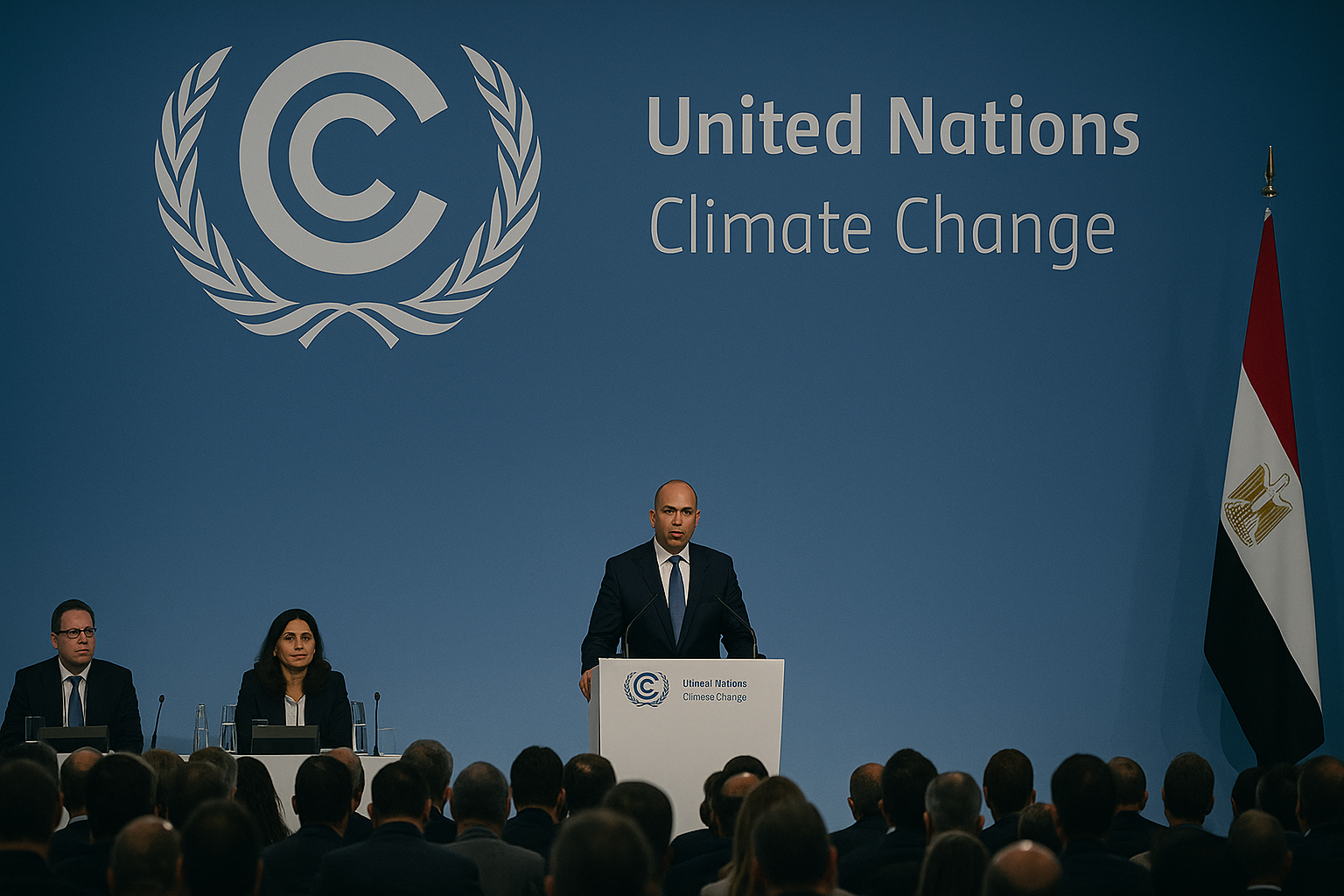Longevity, influence and the social media trap: Who do we trust with our health?
In a world where six-pack abs are flaunted more than six-point health plans, who are we really trusting […]

Once seen as our best hope against climate catastrophe, the COP (Conference of the Parties) summits have drifted far from their mission. What began as a platform for urgent global action has turned into an annual spectacle of lofty promises and minimal progress.
At COP28, the contradiction was glaring — more than 2,400 oil and gas lobbyists secured access, outnumbering Indigenous representatives nearly four to one. While pledges were made inside the halls, global emissions outside soared to a record high in 2023.
Nations like the UAE and Brazil proudly showcase their green credentials on the world stage, yet continue ramping up fossil fuel production at home. It’s a textbook case of greenwashing.
In Latin America, the crisis is already here: devastating floods, crippling droughts, and the rapid retreat of Andean glaciers. Yet the outcomes of most COP meetings are mired in soft language — voluntary targets, flexible deadlines, and virtually no enforcement.
The result? A global process that often feels more like performance than progress.
When climate summits repeatedly fail to deliver binding action, we must ask: who benefits from the delays? As the world edges closer to environmental tipping points, prolonged dialogue without accountability risks becoming a smokescreen — one that shields those profiting from inaction.
It’s time we questioned whether COP is still a step forward, or just another pause button on the climate clock.

In a world where six-pack abs are flaunted more than six-point health plans, who are we really trusting […]

In the era of social media, post-COVID, and with mental health at the forefront, a shift is taking […]